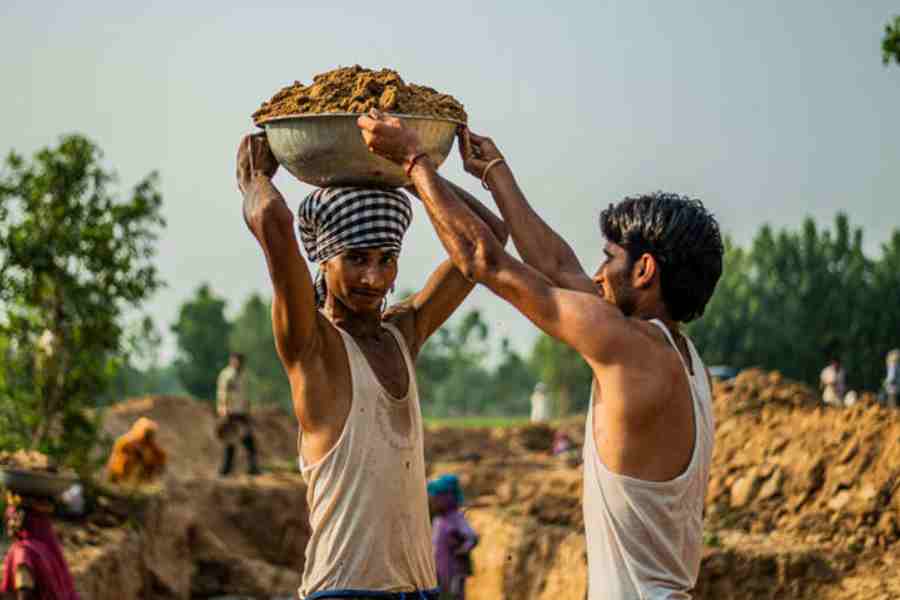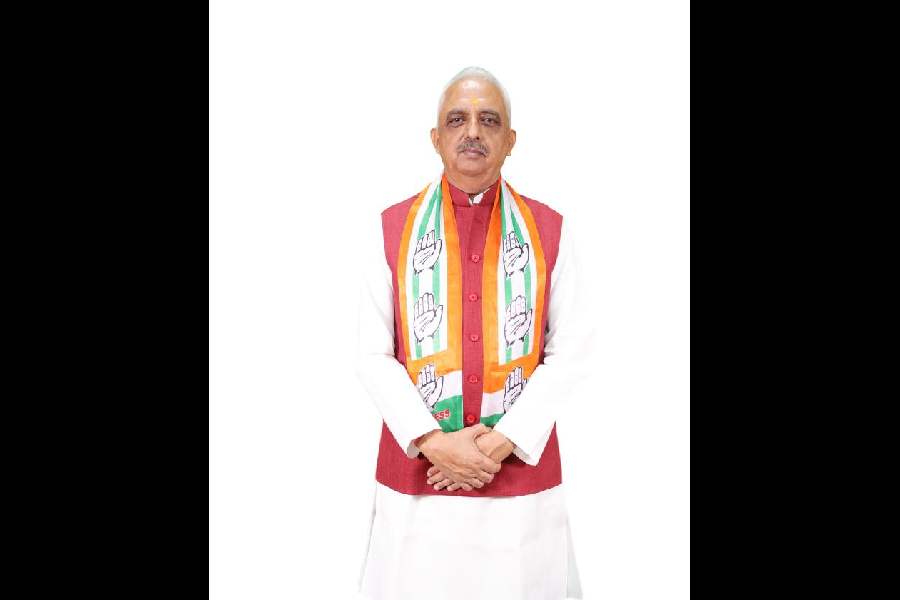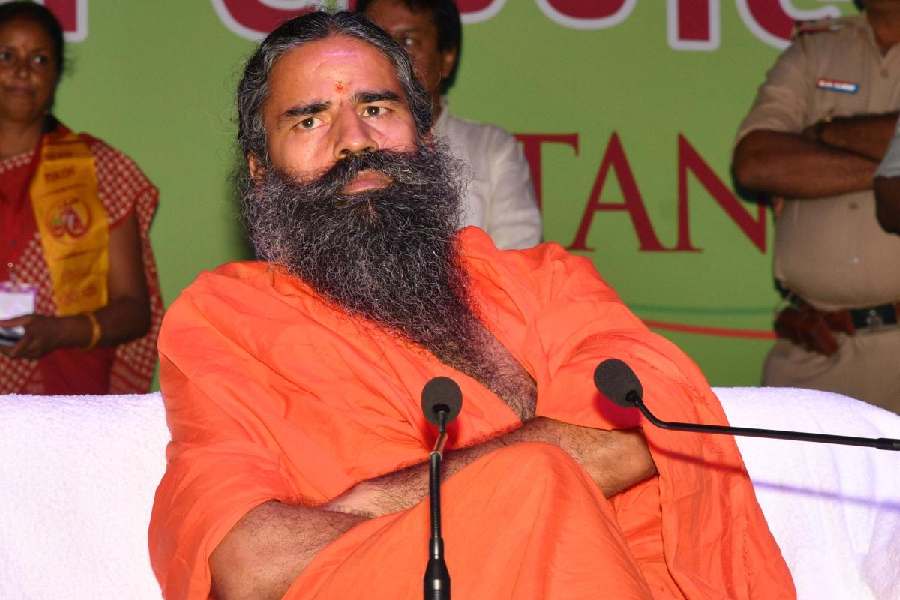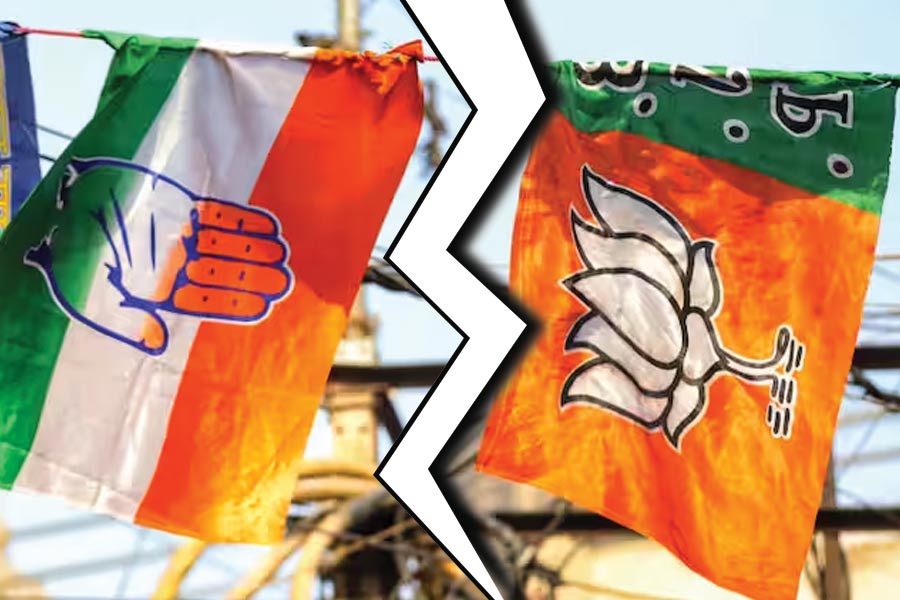The crises faced by India’s migrants were brought to the foreground by the Covid-19 pandemic. But the plight of this constituency is much older. Wage labourers migrate to cities in search of better employment opportunities, greater remuneration, and frequent work. But they have to put up with poor — often inhuman — living conditions, the lack of social securities and weak bargaining rights. This powerlessness of migrant labourers makes the West Bengal government’s intervention offering a host of amenities worth examining. The initiative, dubbed first of its kind in the country, will be supervised by the recently-constituted West Bengal Migrant Workers’ Welfare Board and will offer financial assistance to the families of migrant workers in case of a tragedy. Regional offices would reportedly be opened in Maharashtra, Delhi and Kerala — the hubs where migrants travel to for work from Bengal — along with round-the-clock assistance centres. The scheme also seeks to introduce a portal for migrant workers to register their names. This is an important step in enumerating migrant workers and is in line with the Centre’s long-term plan — a plan that has not materialised beyond the rudimentary e-Shram portal — to create a national database for migrants.
But the initiative is quite likely to face several challenges. Bengal — not quite the richest of states — must make sure that adequate funds are available for the proper implementation of this programme. Moreover, Bengal’s workers under the Mahatma Gandhi National Rural Employment Guarantee Act are yet to receive their dues from the Centre on account of alleged irregularities. This delay is likely to increase the rate of migration from Bengal to other states. So the welfare scheme for migrant labourers should be prepared for an additional burden of beneficiaries. The persistent plight of migrant workers is, however, indicative of a larger problem — the State’s shift in focus away from the stipulations of social welfarism. This worrying trend has been echoed by the prime minister, Narendra Modi, who has derided welfare schemes intended to benefit the poor as ‘rewadis’. What compounds the problem is the uneven economic development of states: the largest proportion of migrants hails from poorer states like Uttar Pradesh, Bihar and West Bengal. Equitable, inclusive development, yet another pledge of the prime minister, remains elusive, lengthening the march of migrants.










